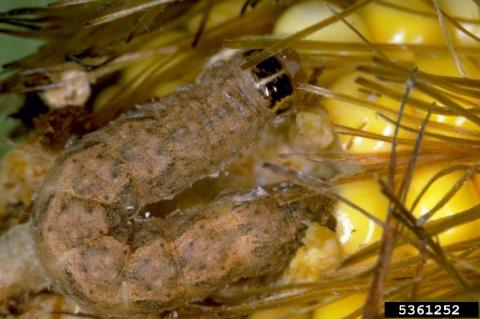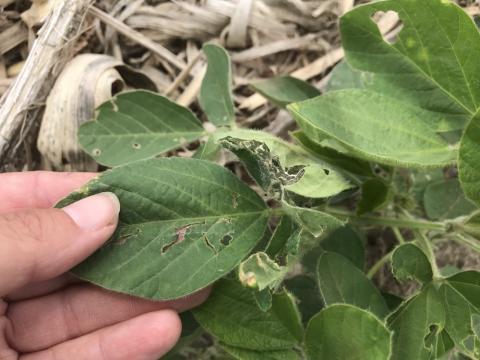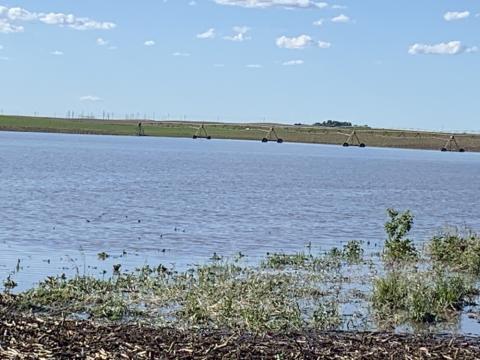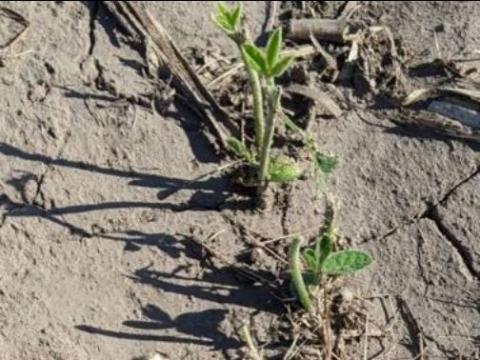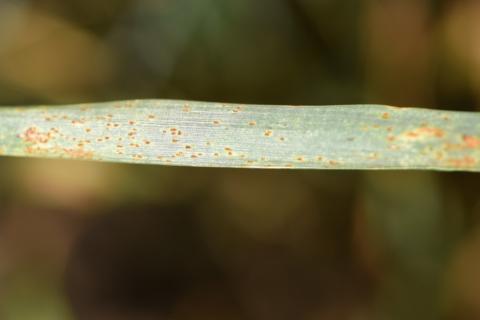Western Bean Cutworm Flight Predictions for 2020
June 17, 2020
The growth stage of corn during WBC flight is critical as moths prefer to lay their eggs on corn plants between the late whorl to early tassel stage. Survival of young WBC larvae is highest if they can feed on newly emerged tassel prior to moving into the ears.
TAPS Goes Virtual for June 23rd Field Day
June 17, 2020
The June 23rd field day that was going to include field tours & time to visit with organizers at West Central Research, Extension and Education Center has been reformed into a video series.
Nebraska Crop Progress Report for June 15
June 16, 2020
Corn is progressing well with 81% rated good or excellent, down slightly from last week. Soybeans are 94% emerged and rated 78% good or excellent, also down slightly from last week. Winter Wheat heading is 85%, which is slightly behind the five-year average. Sorghum is 97% planted and starting to head.
Extension Crop and Pest Reports (June 15-19)
June 16, 2020
Extension educators report on what they are seeing in the fields this week in Madison, Pierce, Antelope, Platte, Boone, Nance, Merrick, Hitchcock, Hayes, Frontier and Red Willow counties.
Extension Crop and Pest Reports (June 8-12)
June 12, 2020
Extension educators report on what they are seeing in the fields this week in Lincoln, Logan, Fillmore, Holt, Boyd, Clay and Nuckolls counties.
Evapotranspiration (ET) Poll: Are you using ET Information?
June 12, 2020
Are you using ET information to determine crop water use? If yes, what are the sources from which you obtain ET information? CropWatch would like to know.
Resources for Early-season Crop Damage
June 12, 2020
With crop damage occurring in the forms of hail, wind and flooding early in this growing season, the following are resources that can help you in making decisions.
Wheat Disease Update: June 10
June 11, 2020
As of June 10, diseases in Nebraska wheat fields remained at trace to low levels. Stripe rust was detected in a grower’s field in southeast Nebraska (Thayer County) on May 27, but hot and dry weather prevented its development.

